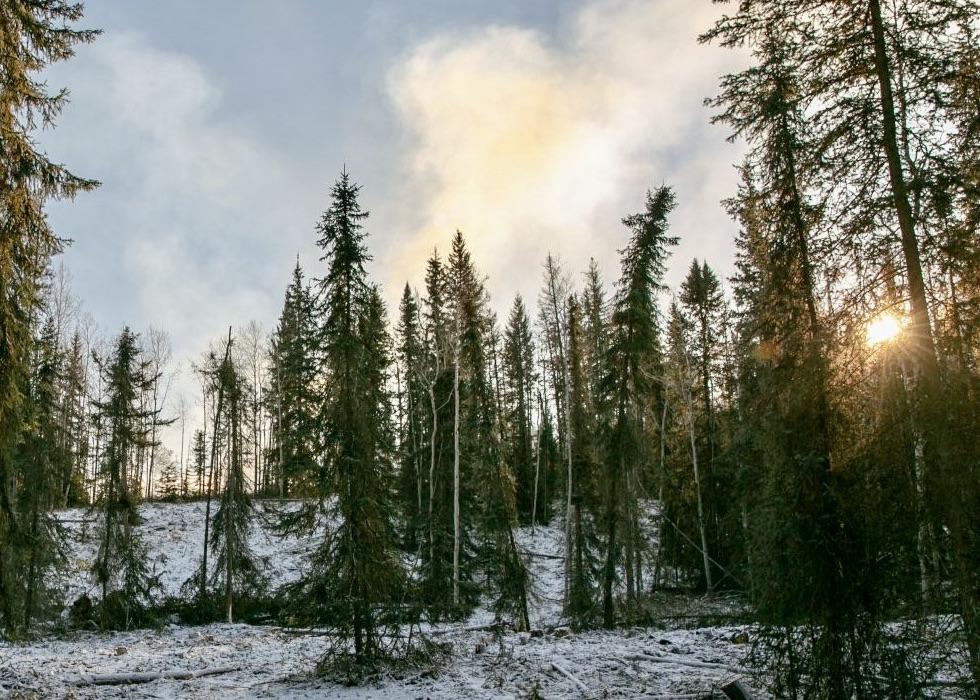
Jasper National Park is doing wildfire risk reduction at Cottonwood Creek/Parks Canada
Parks Canada is moving forward with a wildfire risk reduction project that will reduce fire hazard in the forested area between Cottonwood Creek and the northeast side of Pyramid Lake Road in Jasper National Park.
The project is a continuation of extensive wildfire risk reduction work initiated in 2018 near the park’s community fireguard, and will further improve the Jasper townsite’s wildfire protection.
Crews and equipment will selectively remove the hazardous accumulation of dead trees affected by the mountain pine beetle, while protecting wetland areas and trees such as Douglas-fir and aspen.

A Jasper National Park map that shows the Cottonwood Creek area closure/Parks Canada
Work begins now and runs through March 31, as long as the ground remains frozen. The project area will be closed to the public.
To limit noise impacts, operations will be restricted to daylight hours. Motorists can expect traffic disruptions on Pyramid Lake Road and an increase in industrial traffic during periods of log hauling.
Parks Canada staff will use mechanical thinning to improve community wildfire protection and remove mountain pine beetle habitat, when conditions for prescribed burning may not be cost-efficient, or may be unsafe or unlikely to be effective for reducing wildfire risk. Mechanical thinning also helps create conditions for safer, less complex and more efficient prescribed fires in the future.
“The relatively small area we are currently thinning connects to previously treated fuel reduction areas around the townsite, and to other cleared areas west of the community,” the agency said in a news release. “Fuel reduction and forest thinning activities limit fire intensity, reduce the potential for spot fires from windblown embers, and improve the effectiveness of fire suppression techniques.”
Smoke from burning debris will be visible and may occasionally blow towards town. People are asked to not call 911 or other emergency services.

 Support Essential Coverage of Essential Places
Support Essential Coverage of Essential Places




Add comment